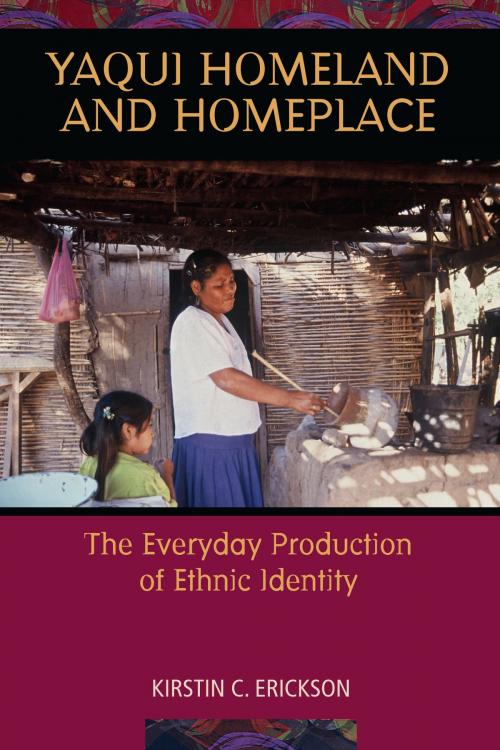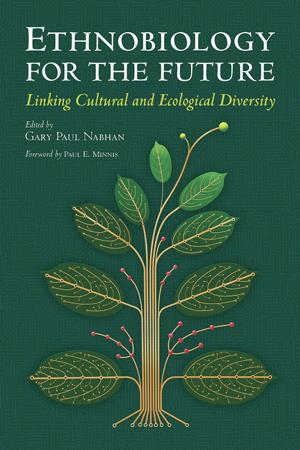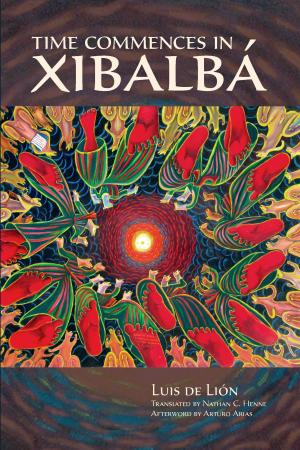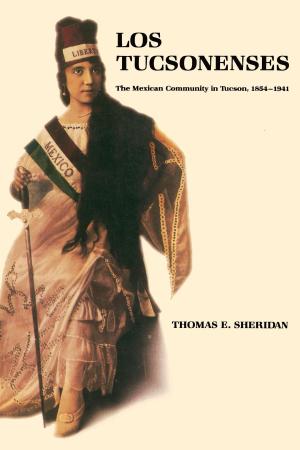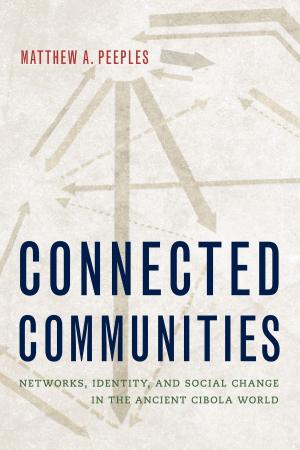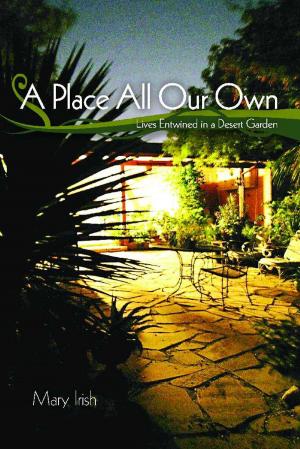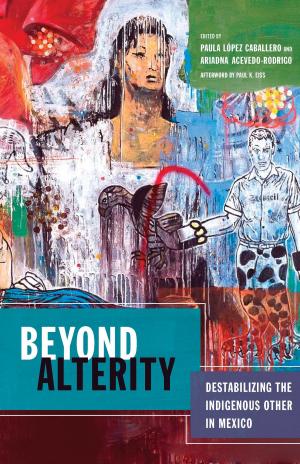Yaqui Homeland and Homeplace
The Everyday Production of Ethnic Identity
Nonfiction, Social & Cultural Studies, Social Science, Cultural Studies, Native American Studies, Anthropology| Author: | Kirstin C. Erickson | ISBN: | 9780816535927 |
| Publisher: | University of Arizona Press | Publication: | October 15, 2016 |
| Imprint: | University of Arizona Press | Language: | English |
| Author: | Kirstin C. Erickson |
| ISBN: | 9780816535927 |
| Publisher: | University of Arizona Press |
| Publication: | October 15, 2016 |
| Imprint: | University of Arizona Press |
| Language: | English |
In this illuminating book, anthropologist Kirstin Erickson explains how members of the Yaqui tribe, an indigenous group in northern Mexico, construct, negotiate, and continually reimagine their ethnic identity. She examines two interconnected dimensions of the Yaqui ethnic imagination: the simultaneous processes of place making and identification, and the inseparability of ethnicity from female-identified spaces, roles, and practices.
Yaquis live in a portion of their ancestral homeland in Sonora, about 250 miles south of the Arizona border. A long history of displacement and ethnic struggle continues to shape the Yaqui sense of self, as Erickson discovered during the sixteen months that she lived in Potam, one of the eight historic Yaqui pueblos. She found that themes of identity frequently arise in the stories that Yaquis tell and that geography and location—space and place—figure prominently in their narratives.
Revisiting Edward Spicer’s groundbreaking anthropological study of the Yaquis of Potam pueblo undertaken more than sixty years ago, Erickson pays particular attention to the “cultural work” performed by Yaqui women today. She shows that by reaffirming their gendered identities and creating and occupying female-gendered spaces such as kitchens, household altars, and domestic ceremonial spaces, women constitute Yaqui ethnicity in ways that are as significant as actions taken by males in tribal leadership and public ceremony.
This absorbing study contributes new empirical knowledge about a Native American community as it adds to the growing anthropology of space/place and gender. By inviting readers into the homes and patios where Yaqui women discuss their lives, it offers a highly personalized account of how they construct—and reconstruct—their identity.
In this illuminating book, anthropologist Kirstin Erickson explains how members of the Yaqui tribe, an indigenous group in northern Mexico, construct, negotiate, and continually reimagine their ethnic identity. She examines two interconnected dimensions of the Yaqui ethnic imagination: the simultaneous processes of place making and identification, and the inseparability of ethnicity from female-identified spaces, roles, and practices.
Yaquis live in a portion of their ancestral homeland in Sonora, about 250 miles south of the Arizona border. A long history of displacement and ethnic struggle continues to shape the Yaqui sense of self, as Erickson discovered during the sixteen months that she lived in Potam, one of the eight historic Yaqui pueblos. She found that themes of identity frequently arise in the stories that Yaquis tell and that geography and location—space and place—figure prominently in their narratives.
Revisiting Edward Spicer’s groundbreaking anthropological study of the Yaquis of Potam pueblo undertaken more than sixty years ago, Erickson pays particular attention to the “cultural work” performed by Yaqui women today. She shows that by reaffirming their gendered identities and creating and occupying female-gendered spaces such as kitchens, household altars, and domestic ceremonial spaces, women constitute Yaqui ethnicity in ways that are as significant as actions taken by males in tribal leadership and public ceremony.
This absorbing study contributes new empirical knowledge about a Native American community as it adds to the growing anthropology of space/place and gender. By inviting readers into the homes and patios where Yaqui women discuss their lives, it offers a highly personalized account of how they construct—and reconstruct—their identity.
